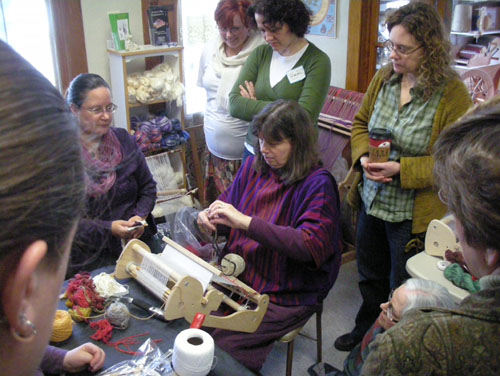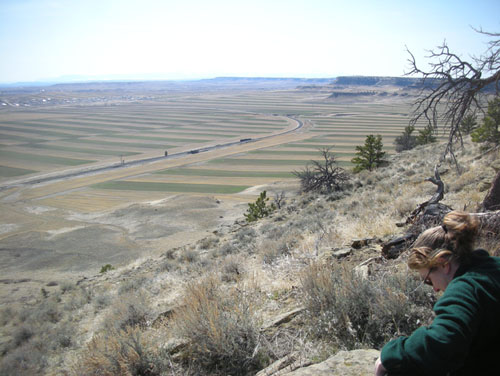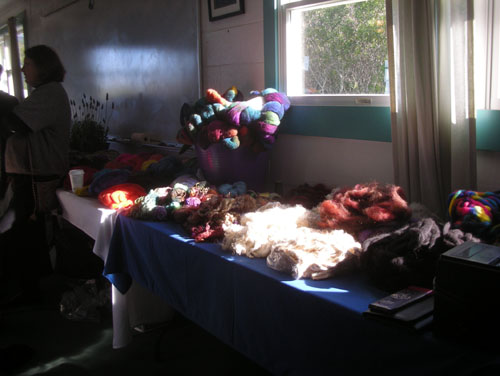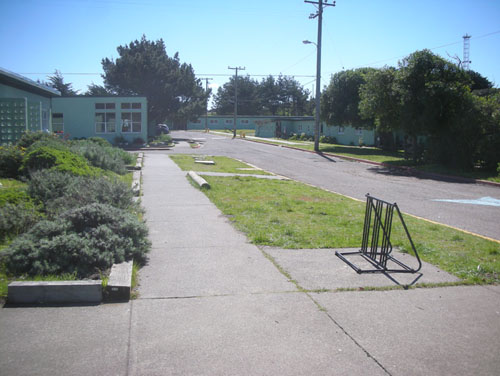It should not come as a surprise that I'm a big fan of health care reform. I'd have rather had single-payer, but what we got is better than what we had before.
For me the whole issue comes down to a single question: What should be the consequences of illness?
Should you only get as much care as you can afford with whatever savings you might have? When that money runs out, should the care stop? Should you die in the streets, to be picked up by a trash crew and dumped in a landfill? Should you be treated with compassion and given the best care that makes sense?
All of those options are currently the norm in countries around the world. My own inclination is that misfortune should not be treated as a fault of the person who suffers it. Even when that person contributed to that misfortune. So when somebody is dying from lung cancer after a lifetime of smoking, I still think they deserve compassionate and, yes, low-cost health care. Just the same as I think somebody who is born with a heart defect, who has not contributed anything to society except their presence, also deserves compassionate and low-cost health care.
I wonder what the health care system preferred by people who oppose health care reform would be like? What would happen when you get cancer at 25 and use up your lifetime maximum health coverage getting into remission? What should happen? Would such a person be well advised to get some kind of extremely high-paying job (please let me know where to get such a job) on short notice, so they could pay their health care costs in cash for the rest of their life?
Do those people believe that the death panels that already exist at your private insurance company, who make decisions about whether you will get coverage or not based on whether you are costing too much -- not on whether you have a chance of recovery or not -- is sufficiently compassionate, and anything else would necessarily be less compassionate?
I'm a bleeding-heart liberal. I believe civilized, compassionate people who love their country and their fellow Americans have a responsibility -- one of the ones that comes with the rights we also have -- to take care of the neediest of our people. Some people fill that responsibility by serving in the armed forces, some fill it by volunteering, some fill it by donating money. We all fill it by paying taxes that go to pay for the common good -- to pay our soldiers wages and benefits, to pay for the roads we drive on, to pay for emergency relief to disaster areas.
I'm curious how a person can morally justify believing that we should let others suffer. I've seen people say the current bill is too expensive, ignoring budget office analysis that said it would actually cost less than our current spending. I've heard people say it forces people to pay for something that may not want, but a lot of us didn't want to go to war in Iraq, and it's not as if we're going to get to opt out of paying for that. But I've never seen anybody explain what they think is the right level of caring we should have for the unfortunate. If you oppose the bill, and care to comment, I'm curious to know.
In the meantime, I'm going to celebrate that that lifetime coverage cap that was getting so close is now gone. I'm a personal beneficiary of this bill, or rather, the future me is. And you will all benefit because my ability to get ongoing medical care means I won't go on permanent medical disability and cost you even more money. Win-win!
(As a side note, I also believe that having a health care system that profits on illness and medicalization is a bad idea. It is often (OFTEN) argued to me that without profits, nobody would do the research needed to improve health care the way it has been improved in the last 50 years. That doesn't make any economic sense, because so little of that profit is actually used to reward the people who do the research. First, most medical research relies on federally funded basic science research as a starting point. So we already pay for part of that cost. But then the government hands off basic science paid for the taxpayers to corporations to develop into a product. The profit made by those corporations is used to pay the shareholders of those corporations, and the executive and marketing staffs of those corporations. If we decided to keep all operating budgets exactly the same, to employ mostly the same people in the research and development roles, but to cut out the parts of the business that are wasteful -- executive salaries and marketing budgets -- we could afford to continue to innovate and produce new medical treatments on much lower costs.)
Technorati Tags: politics, healthcare




